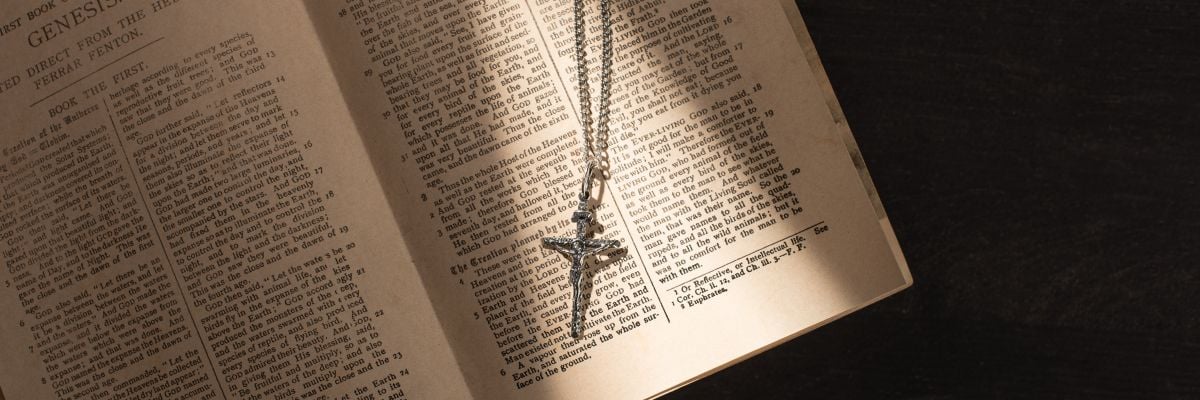
DAY 264
CHALLENGE
“We don’t need Tradition or the Magisterium to help us understand Scripture. It is perspicuous—i.e., clear and readily understandable.”
DEFENSE
This claim can be understood more than one way.
It may be understood in a strong sense, according to which Scripture is sufficiently clear that every point of theology can be settled by Scripture alone. However, Scripture contains many passages that are very difficult to understand. Anyone with minimal exposure to the Bible knows it is far from perspicuous. If it were, the diverse interpretations and debates about its meaning would not exist.
Scripture comments on the difficulty people experience reading it. When Philip encounters the Ethiopian eunuch, who is reading Isaiah 53 (perhaps the single most significant messianic prophecy), Philip asks: “‘Do you understand what you are reading?’ And he said, ‘How can I, unless someone guides me?’” (Acts 8:30–31).
Scripture contains many passages, including prophecies and parables, which are intended not to be perspicuous. God apparently wants us to wrestle with the meaning of Scripture, and the claim that it is so clear every point of theology can be settled by Scripture alone is not credible.
Consequently, many have proposed a weakened version of the claim, according to which Scripture is only perspicuous enough that its main doctrines are clear. It is sometimes said, “The main things are the plain things, and the plain things are the main things.” The weakened claim is more defensible. There are certain, central doctrines that Scripture clearly teaches (e.g., God exists, God created the world, there is only one God, Jesus is the Messiah).
However, it wrongly conveys the idea that only the clear things in Scripture are important. This is not true. Peter comments on Paul’s letters: “There are some things in them hard to understand, which the ignorant and unstable twist to their own destruction, as they do the other scriptures” (2 Pet. 3:16). If Paul’s writings contain things hard enough to understand that the unlearned destroy themselves, not all the important things are clear and salvation is on the line.
More fundamentally, weakening the claim so it does not cover all points of theology makes it too weak to support the doctrine of sola scriptura. There will still be points of theology one needs Tradition or the Magisterium to make clear.



